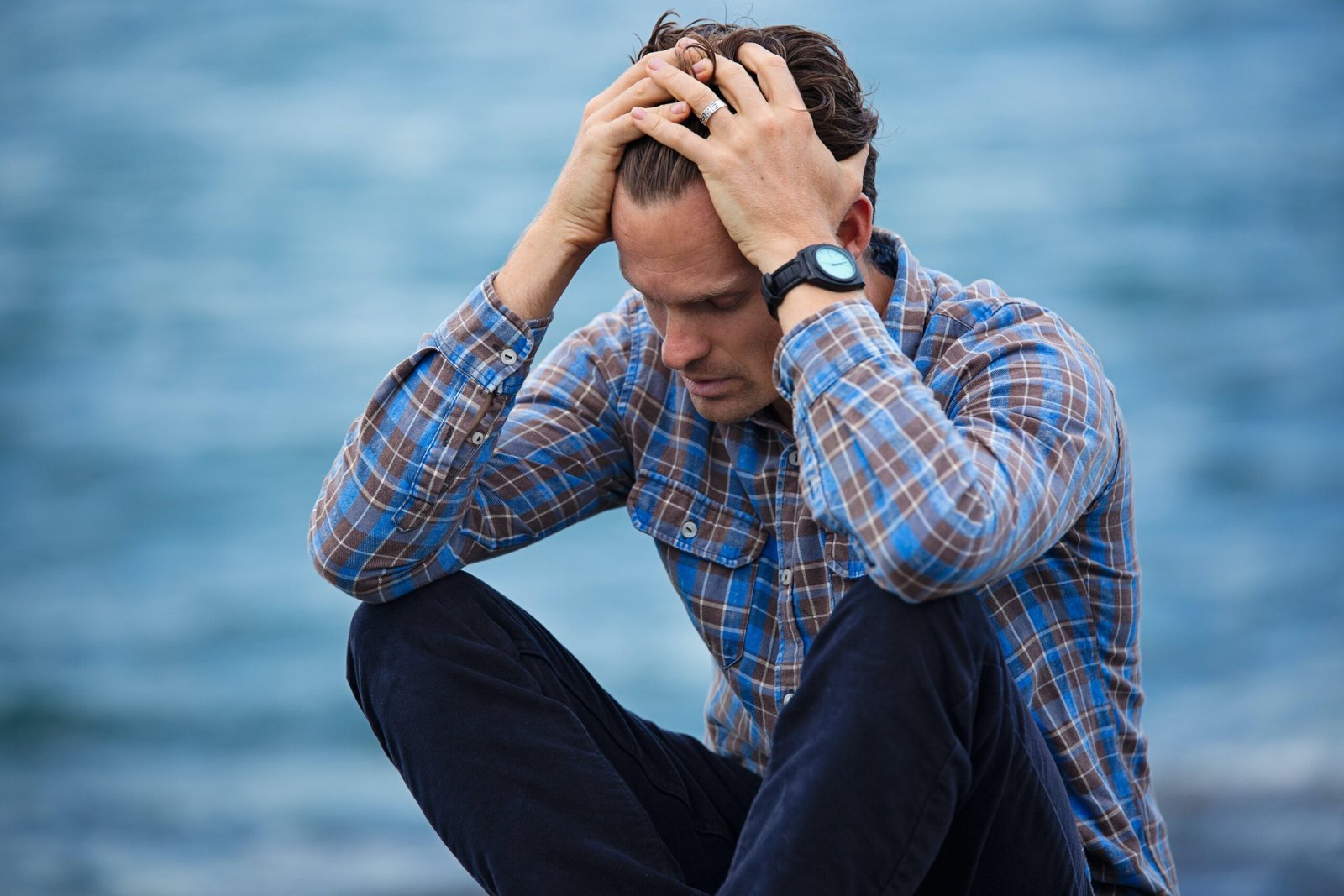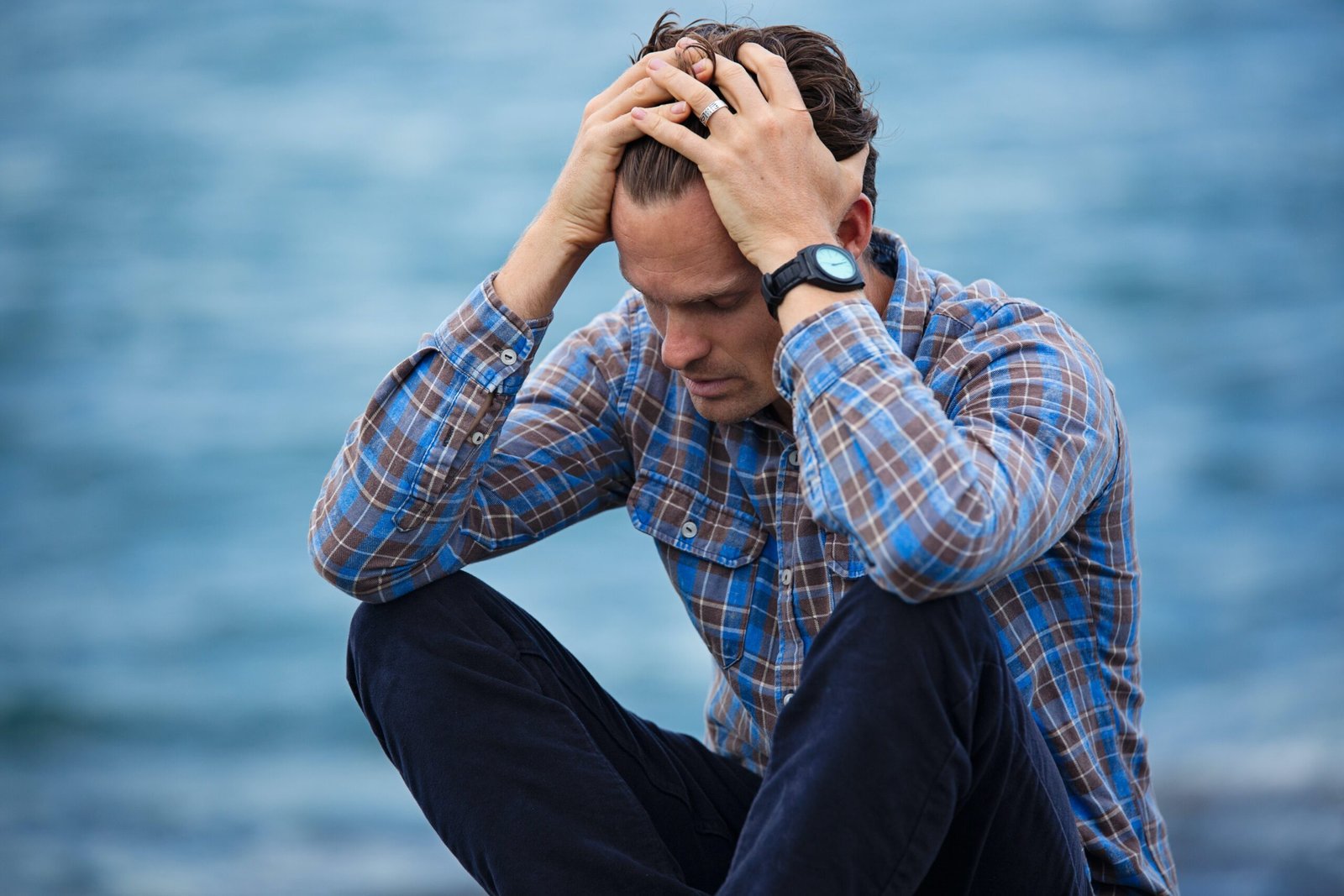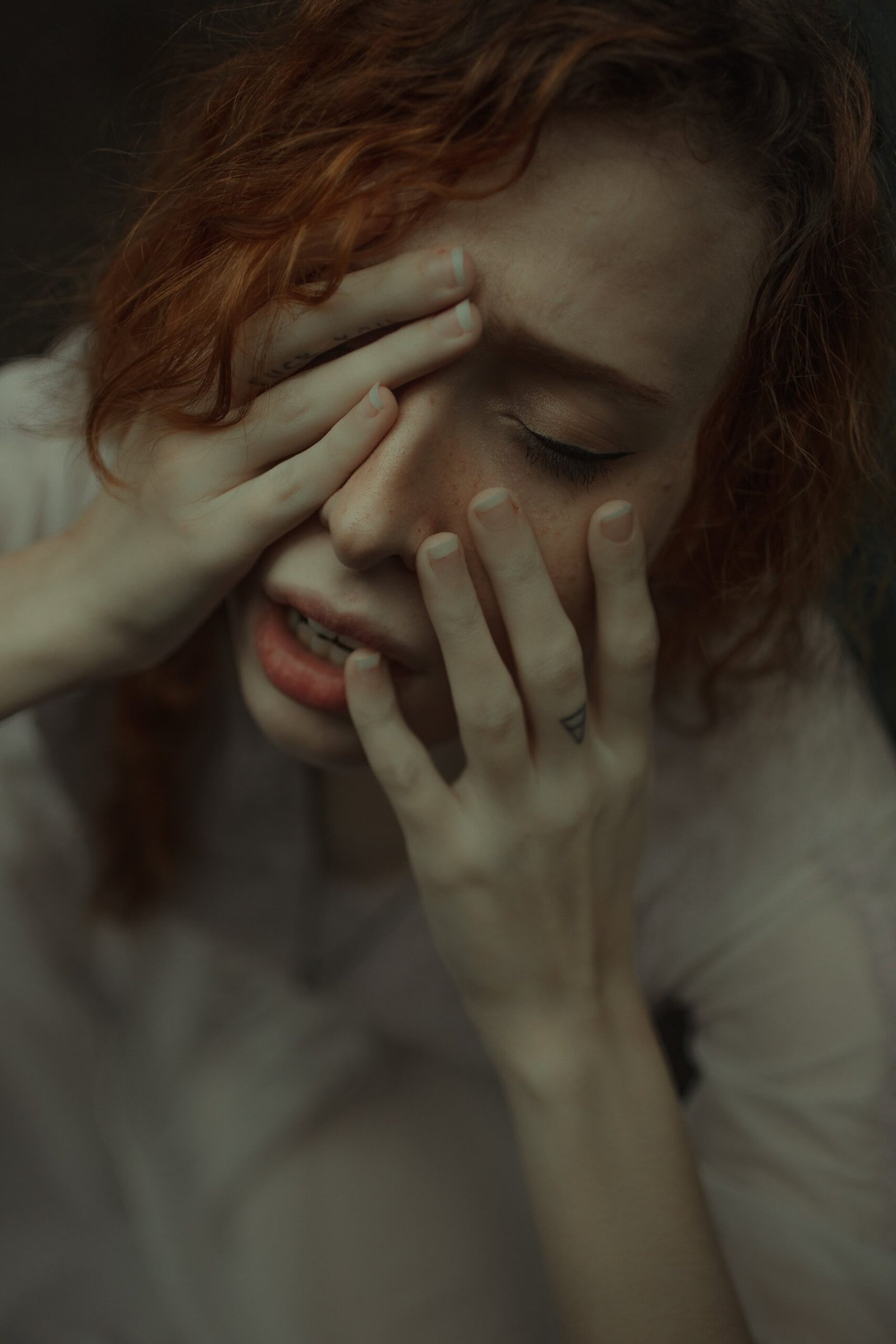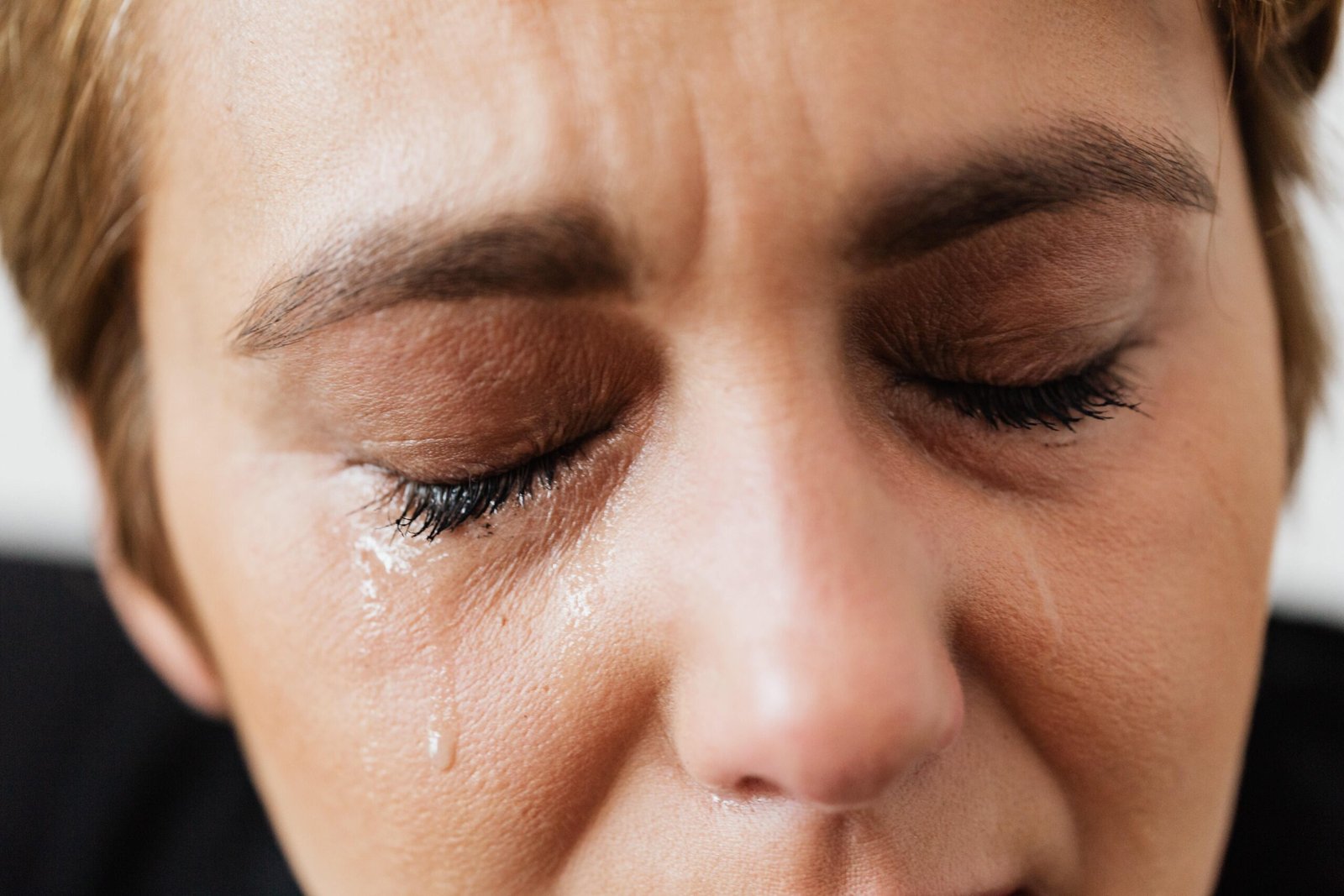
Are you tired of experiencing lower back pain every time you lie down? You’re not alone. Countless individuals struggle with this issue, and understanding the common causes can help alleviate your discomfort. In this article, we will explore the various factors that can contribute to lower back pain when lying down and provide insights on how to find relief. So, get ready to bid farewell to those sleepless nights and discover the secrets to a more comfortable and pain-free slumber.
Common Causes of Lower Back Pain When Lying Down
If you’ve ever experienced lower back pain when lying down, you’re not alone. Many people find that their lower back hurts when they try to get comfortable in bed or when they wake up in the morning. There can be several underlying causes for this discomfort, ranging from muscle strain to more serious conditions. Let’s explore some of the common causes of lower back pain when lying down and delve into each one in more detail.

Muscle Strain
Muscle strain is one of the most common causes of lower back pain. This typically occurs when you overexert your back muscles, leading to microscopic tears in the muscle fibers. When you lie down, the weight of your body puts pressure on these already stressed muscles, leading to pain and discomfort. Poor posture, lifting heavy objects, or engaging in repetitive motions can all contribute to muscle strain.
To alleviate muscle strain, it is important to practice good posture throughout the day and avoid activities that put excessive strain on your back. Gentle stretching exercises and applying heat or ice packs to the affected area can also help relieve the pain.
Herniated Disc
A herniated disc is another common cause of lower back pain when lying down. It occurs when the soft, jelly-like center of a spinal disc pushes out through a crack in the tougher exterior. When lying down, the pressure on the herniated disc increases, resulting in sharp pain.
In addition to back pain, a herniated disc can also cause numbness or tingling in the legs or buttocks. Treatment options for herniated discs may include physical therapy, medication, or in severe cases, surgery.

Spinal Stenosis
Spinal stenosis is a condition characterized by the narrowing of the spaces within the spine, which can put pressure on the nerves. When lying down, this pressure is exacerbated, leading to lower back pain.
Aside from pain, spinal stenosis can cause weakness or numbness in the legs and limit the range of motion. Treatment may involve pain medication, physical therapy, or in severe cases, surgery.
Degenerative Disc Disease
Degenerative disc disease is a condition where the discs between the vertebrae break down, causing pain and narrowing the space between the vertebrae. When lying down, the pressure on these compromised discs can lead to lower back pain.
In addition to pain, degenerative disc disease can cause stiffness, muscle spasms, and radiating pain down the legs. Treatment options may include physical therapy, pain medication, or surgical intervention.

Spondylolisthesis
Spondylolisthesis is a condition where one of the vertebrae slips forward onto the bone below it. This misalignment can cause lower back pain, particularly when lying down.
Symptoms of spondylolisthesis may also include numbness or weakness in the legs and difficulty walking. Treatment options for this condition may range from physical therapy and pain management to surgery.
Sciatica
Sciatica refers to pain that radiates along the path of the sciatic nerve, which runs from the lower back down through the hips and buttocks. When lying down, the pressure on the lower back can exacerbate the pain caused by compression or irritation of the sciatic nerve.
Other symptoms of sciatica can include tingling, numbness, or weakness in the legs. Treatment options may include physical therapy, pain medication, or in severe cases, surgery.
Pregnancy
Lower back pain is a common complaint during pregnancy, particularly in the later stages. As the baby grows, the additional weight and changes in posture can strain the lower back muscles, leading to discomfort when lying down.
To alleviate lower back pain during pregnancy, it is important to practice good posture, use supportive pillows, and engage in gentle exercises recommended by a healthcare provider. Heat or ice packs, as well as prenatal massages, may also offer relief.
Arthritis
Arthritis is a joint disorder that can cause inflammation and pain. When it affects the lower back, it can lead to pain and stiffness, particularly when lying down.
Aside from back pain, arthritis can cause swelling, limited mobility, and difficulty performing daily activities. Treatment options may include medication, physical therapy, or lifestyle modifications.
Kidney Stones
While not directly related to the back muscles or spine, kidney stones can cause lower back pain that may worsen when lying down. As the stones move through the urinary tract, they can cause sharp, stabbing pain in the lower back.
Other symptoms of kidney stones may include frequent urination, blood in the urine, and a persistent urge to urinate. Treatment may involve medication, lifestyle changes, or in severe cases, surgical intervention.
Sleeping Posture
Sometimes, the cause of your lower back pain when lying down may be as simple as your sleeping posture. Sleeping on an old or unsupportive mattress, sleeping in unnatural positions, or using inadequate pillows can all contribute to back pain.
To improve your sleep posture and minimize lower back pain, consider investing in a supportive mattress and pillows that suit your body’s needs. Sleeping on your side with a pillow between your knees or on your back with a pillow under your knees can also help alleviate lower back pain.
In conclusion, there can be various causes for lower back pain when lying down, ranging from muscle strain to more serious conditions. Understanding the underlying cause of your discomfort is essential in finding the appropriate treatment and relief. If you are experiencing persistent or worsening lower back pain, it is recommended to consult with a healthcare professional for an accurate diagnosis and personalized treatment plan. Remember, taking care of your back is crucial for maintaining a healthy and pain-free lifestyle.





